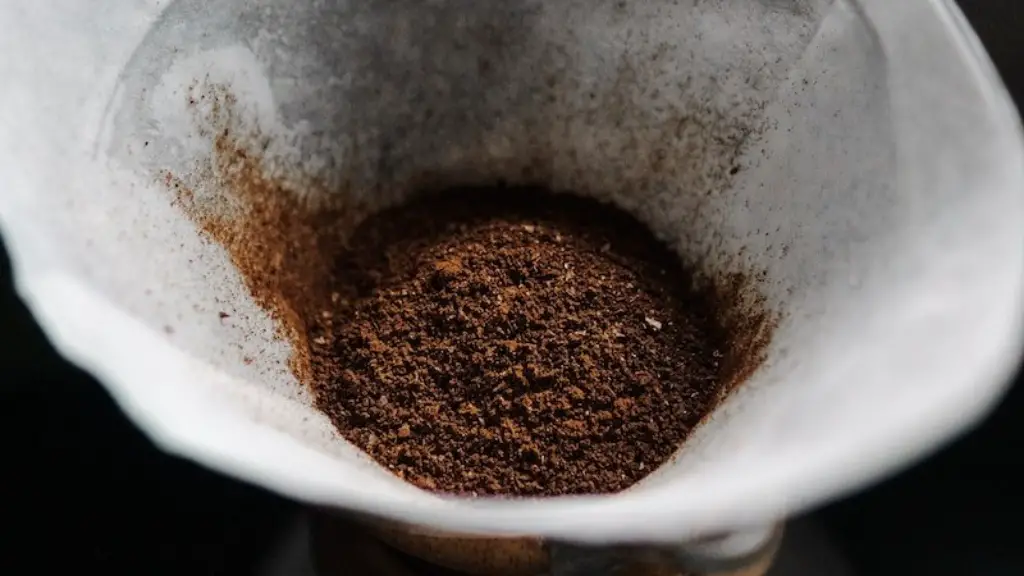Historical Perspective
Throughout history, coffee has been enjoyed by many cultures and people of all ages. Coffee was first brewed in the Middle East and spread around the world, becoming popular in the Renaissance period. During this time, coffee was thought to have medicinal properties, and it became a popular drink among the upper class. In the 17th century, coffee houses began to sprout up in Europe, and by the 19th-century coffee had become a popular beverage in the United States.
The debate around whether or not to drink coffee during menstruation dates back to the Victorian era. At that time, most medical professionals believed that taking any stimulant during periods would introduce too much excitement for a woman’s body. As a result, coffee was discouraged and abstinence was recommended.
Current Perspective
In the modern day, the debate around coffee and menstrual health has shifted, and many experts now believe that coffee can be beneficial. Recent research has found that coffee may reduce symptoms associated with PMS, such as fatigue and pain. Furthermore, some research indicates that drinking coffee can reduce the risk of endometriosis, a common yet painful condition that affects 1 in 10 women of childbearing age.
Despite these benefits, it is important to limit caffeine intake as too much can disrupt the body’s natural hormones, leading to an increased risk of anxiety and insomnia. It is recommended that no more than 4 cups of coffee should be consumed per day. Additionally, those with existing hormonal imbalances should speak with their healthcare provider before making any changes to their dietary habits.
Community Perspective
Online forums and health communities are abuzz with discussions around whether to drink coffee during menstruation. Many women reported feeling calmer and more energized after drinking coffee and believe that it can be beneficial. On the other hand, some women reported feeling jittery and anxious after drinking coffee, while others worry that it may worsen PMS symptoms. Ultimately, each woman must decide for herself how to manage menstrual health with the help of their healthcare provider.
In general, moderate caffeinated coffee consumption is safe and may even help to improve symptoms related to PMS. However, it is important to listen to your body, as everyone responds differently to diet and lifestyle changes.
Considerations
It is important to consider other factors when drinking coffee during menstruation. First and foremost, the type of coffee consumed can have an effect on the body. While some experiment with espresso shots, others opt for lighter beverages such as cappuccinos and lattes. Additionally, adding milk, cream and sugar to coffee can increase its caloric content, so individuals should monitor their intake of these ingredients if their goal is to manage weight.
In addition, it is important to consider the quality of the coffee being consumed. Many coffees are processed with chemicals which can have negative impacts on health, so it is a wise decision to opt for organic, natural, and fair-trade products. Lastly, drinking coffee at the correct time of day can make all the difference. Many find that it is helpful to drink coffee first thing in the morning, as this allows the body to get the most out of the caffeine.
Impact
Whether or not an individual decides to drink coffee during their period may have an impact on their overall health and well-being. Coffee can provide an energy boost, aiding in productivity and focus, but it also has the potential to disrupt regular sleep patterns. The decision to drink coffee is highly personal, and some may find that it is helpful during their period, while others may benefit from avoiding it.
In any situation, it is important to understand the body and the potential effects of drinking coffee on menstrual health. Women should monitor their caffeine intake and listen to their bodies, adjusting the amount consumed if needed. All in all, coffee can be enjoyed in moderation, and it is important to stay informed on the risks and benefits associated with this consumable.
Impact on mental health
The debate around drinking coffee during menstruation extends beyond physical health and into mental health. Recent studies have found that women who consume coffee during their period tend to experience fewer mood swings and improved concentration. Additionally, a study published in the journal Frontiers in Psychology revealed that women who drank coffee during their period felt less irritable and generally happier.
Despite this, it is important to consider that caffeine can be habit-forming. Those who are prone to anxiety may find that it is best to limit their caffeine consumption. While coffee has beneficial properties, it is also important to look out for any potential negative impacts. For those prone to anxiousness and sleeplessness, it may be wise to reduce levels of caffeine.
Impact on fertility
In terms of reproductive health, it is generally safe for women to drink coffee during menstruation. Research has shown that moderate caffeine consumption does not significantly impact fertility, and there is no evidence to suggest that drinking caffeine will hinder conception or interfere with pregnancy. That being said, excess caffeine can interfere with reproductive hormones and potentially increase the risk of miscarriages.
It is important to note that each woman is different and while some are able to tolerate caffeine in moderation, others may find that it is better to abstain from it altogether. As with any change to diet and lifestyle, it is wise to consult with a healthcare professional before making any major decisions.
Impact on digestive health
While coffee can be consumed during periods, it is important to keep in mind that it can also be irritating to the digestive tract. For example, drinking too much coffee can lead to an excessive production of gastric acids, potentially leading to indigestion, heartburn, and acid reflux. Thus, it is best to consume coffee in moderation. Additionally, those with existing digestive issues should be mindful of how their body responds to caffeine.
Additionally, coffee can act as a diuretic, leading to increased urination and dehydration. It is important to drink plenty of water along with coffee to stay hydrated and reduce the risk of dehydration. Lastly, for those with constipation, coffee is a good option as it can stimulate the digestive system and help to reduce the symptoms.




